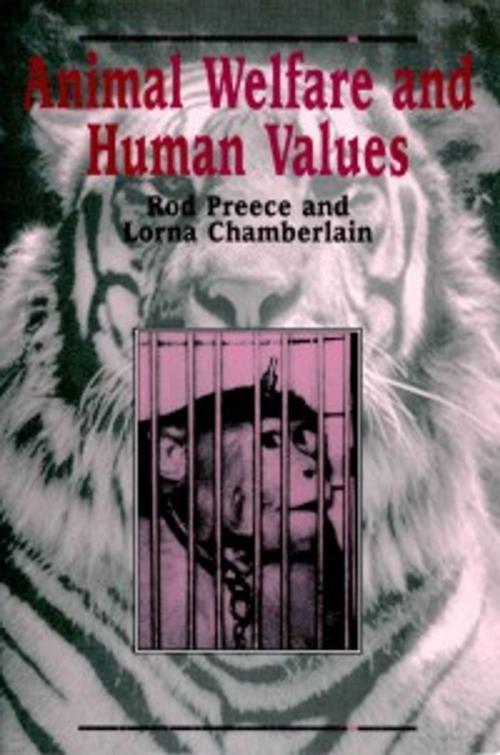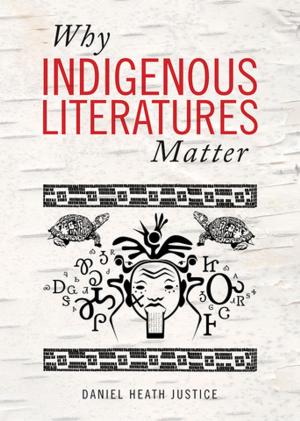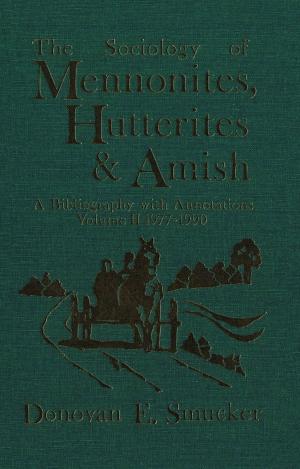Animal Welfare and Human Values
Nonfiction, Reference & Language, Law, Ethics, Science & Nature, Nature, Animals, Animals Rights, Religion & Spirituality, Philosophy, Ethics & Moral Philosophy| Author: | Rod Preece, Lorna Chamberlain | ISBN: | 9781554587674 |
| Publisher: | Wilfrid Laurier University Press | Publication: | October 30, 2010 |
| Imprint: | Wilfrid Laurier University Press | Language: | English |
| Author: | Rod Preece, Lorna Chamberlain |
| ISBN: | 9781554587674 |
| Publisher: | Wilfrid Laurier University Press |
| Publication: | October 30, 2010 |
| Imprint: | Wilfrid Laurier University Press |
| Language: | English |
As the most populous province in Canada, Ontario is a microcosm of the animal welfare issues which beset Western civilization. The authors of this book, chairman and vice-chairman, respectively, of the Ontario Society for the Prevention of Cruelty to Animals, find themselves constantly being made aware of the atrocities committed in the Society’s jurisdiction.
They have been, in turn, puzzled, exasperated and horrified at humanity’s cruelty to our fellow sentient beings. The issues discussed in this book are the most contentious in animal welfare disputes — animal experimentation, fur-farming and trapping, the use of animals for human entertainment and the conditions under which animals are raised for human consumption. They are complex issues and should be thought about fairly and seriously.
The authors, standing squarely on the side of the animals, suggest “community” and “belonging” as concepts through which to understand our relationships to other species. They ground their ideas in Wordsworth’s “primal sympathy” and Jung’s “unconscious identity” with the animal realm. The philosophy developed in this book embraces common sense and compromise as the surest paths to the goal of animal welfare. It requires respect and consideration for other species while acknowledging our primary obligations to our fellow humans.
As the most populous province in Canada, Ontario is a microcosm of the animal welfare issues which beset Western civilization. The authors of this book, chairman and vice-chairman, respectively, of the Ontario Society for the Prevention of Cruelty to Animals, find themselves constantly being made aware of the atrocities committed in the Society’s jurisdiction.
They have been, in turn, puzzled, exasperated and horrified at humanity’s cruelty to our fellow sentient beings. The issues discussed in this book are the most contentious in animal welfare disputes — animal experimentation, fur-farming and trapping, the use of animals for human entertainment and the conditions under which animals are raised for human consumption. They are complex issues and should be thought about fairly and seriously.
The authors, standing squarely on the side of the animals, suggest “community” and “belonging” as concepts through which to understand our relationships to other species. They ground their ideas in Wordsworth’s “primal sympathy” and Jung’s “unconscious identity” with the animal realm. The philosophy developed in this book embraces common sense and compromise as the surest paths to the goal of animal welfare. It requires respect and consideration for other species while acknowledging our primary obligations to our fellow humans.















